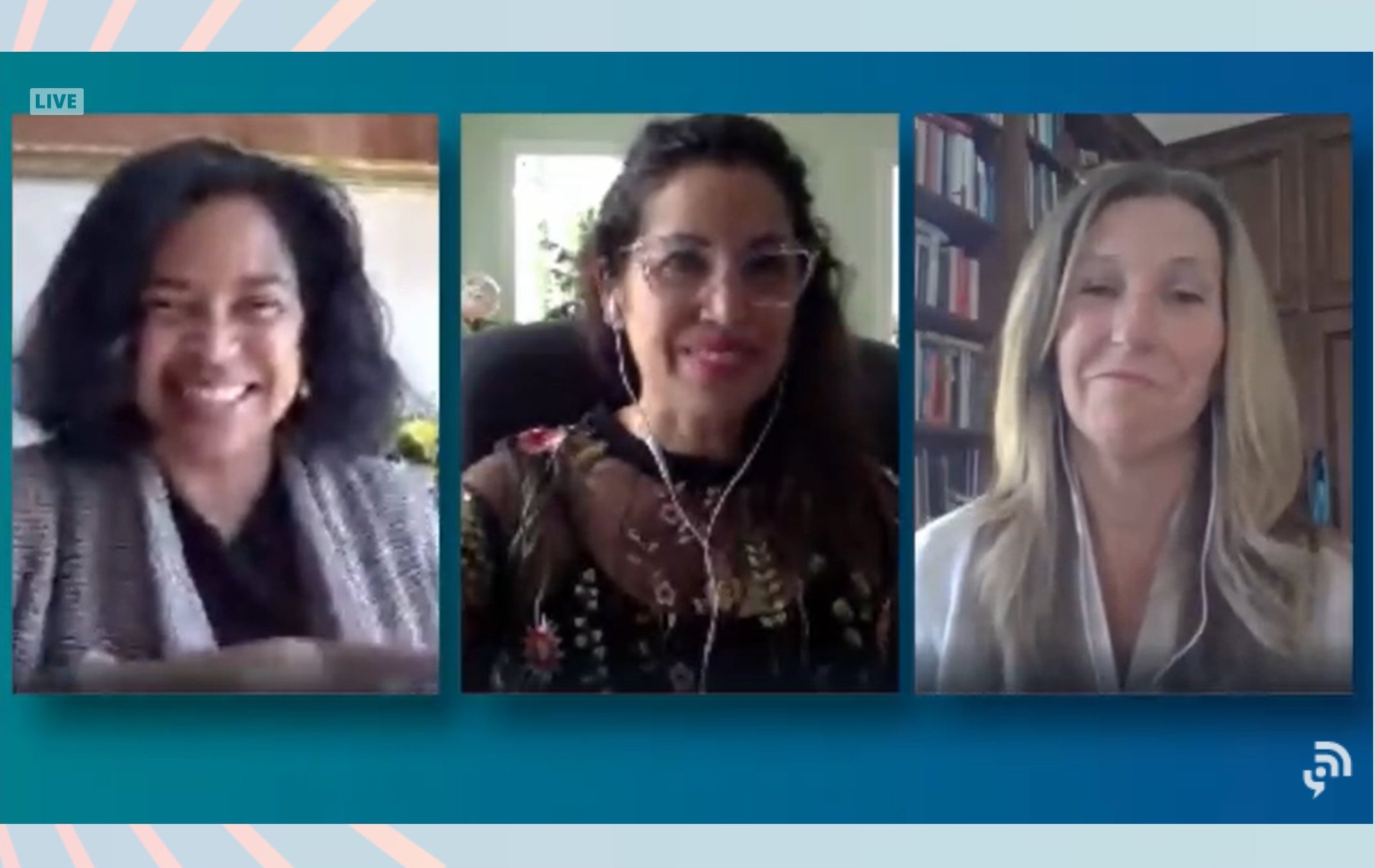ImpactAlpha, May 13 – Today’s impact investors have it easy: they have capital to invest for change. “I’m an impact investor from the civil rights movement,” said 88-year-old civil rights leader Andrew Young, “where we had only our lives.” The former mayor and confidant to Martin Luther King Jr. reminded attendees at the closing plenary of the Mission Investors Exchange virtual conference what’s at stake, not only in COVID crisis, but in its aftermath and in crises to come. “This is a time of massive social change,” said Young.
Impact investors are attempting to use the tools of the capital system to solve problems of the capital system. But “Is impact investing a systemic-change tool?” asked Beeck Center’s Lisa Hall.
Heal thyself. Calls for “systems change” permeated the three-day conference and Heron Foundation’s Dana Bezerra agreed the time is ripe. She challenged her audience to look at themselves as well. “I have a growing sense of frustration that as philanthropy, as institutional investors and private foundations, when do we turn that finger back around and ask when we are willing to take on systemic change inside our own shops?”
Bezerra shared Heron’s plans to put power and control of the foundation assets into local communities (see, “Stretch goal for foundations: Shift power, as well as assets, for the post-COVID economy”). “We are intending to convey power and control to locals,” she said.
Flexibility and scale. Impact investment has two significant advantages: flexibility and scale, said the Gates Foundation’s David Rossow. The foundation is investing to develop, manufacture and distribute COVID drugs at an unprecedented scale and speed.
Flexibility can be catalytic as well: The Gates Foundation broadened its guarantee to UNICEF to allow the agency to purchase COVID-related medical supplies like oxygen and PPE in advance of country demand (see, “Investors that demonstrate flexibility and patience prove catalytic in COVID crisis”).











